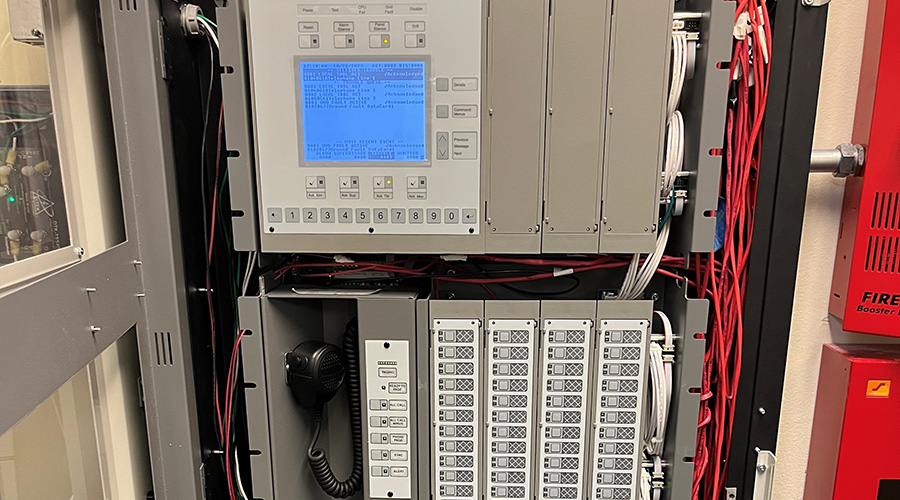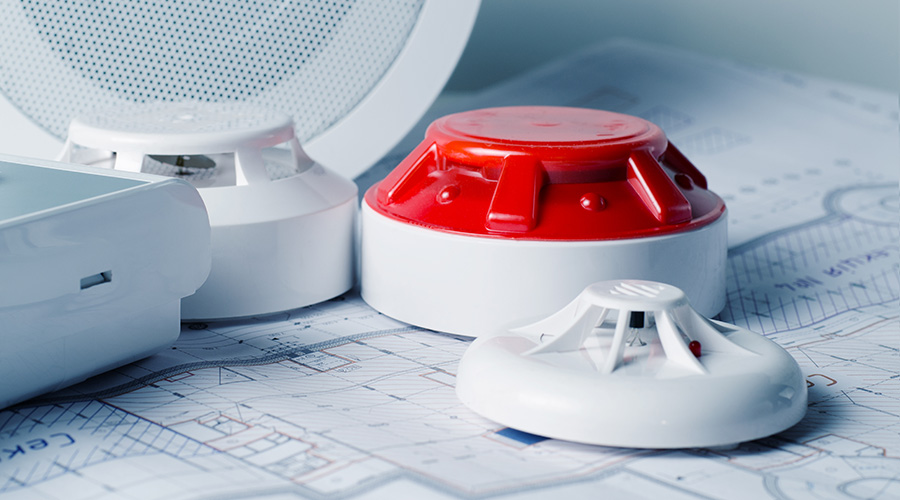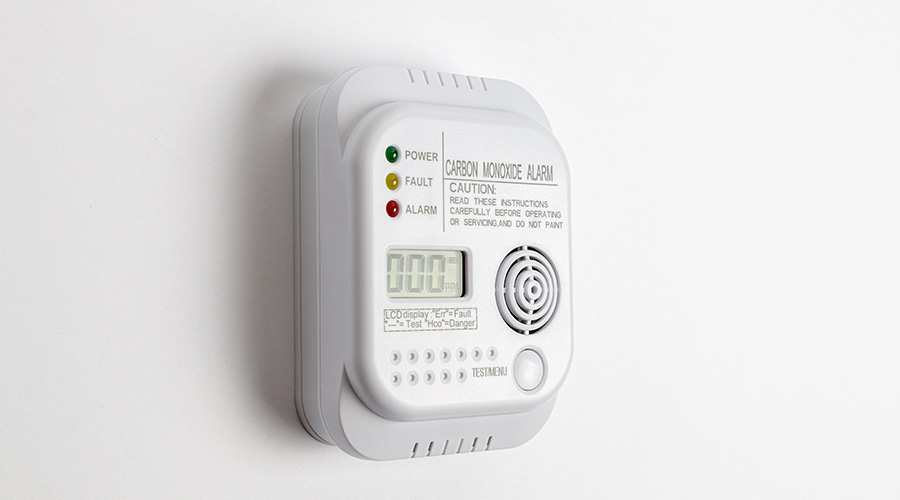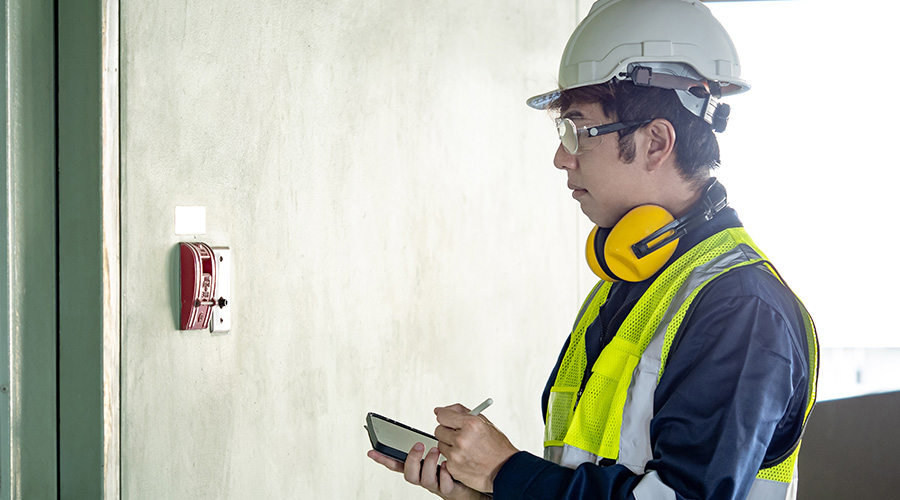Fire Code Questions to Ask Before Upgrading
NFPA 72-2010 provides application, design and installation requirements for not only the fire alarm system but also any emergency communications systems that you require. You may have a need for a public address system and the 2010 edition of NFPA 72 allows the fire alarm communications system to serve multiple functions: public address and mass notification, to name two. The code also allows performance-based alternatives that may better suit your fire protection goals.
NFPA 72-2010 requirements reflect the most recent technology. This new technology available from the various manufacturers allows greater flexibility in operational performance through programmable control systems. These new systems offer more operational stability. Provided the system meets the installation and maintenance requirements of NFPA 72-2010, your system should operate essentially false alarm free. In addition to the new fire alarm control systems, new smoke detection products can compensate for environmental or construction issues that previously would have precluded smoke detectors as a detection choice. Examples of this new smoke detection technology include addressable analog detection, multi-criteria detection, video detection, and improved linear beam smoke detection.
One mistake not to make in the planning and installation process is asking an equipment supplier to design your fire alarm system. Worse yet is combing the yellow pages for bidders to design or install your fire alarm system upgrade. Color ads in the Yellow Pages do not indicate competence.
Include a fire protection engineer on your design team who has a good relationship with the local fire officials and knows the competent and most efficient contractors to perform the work.
Mission-Effective
In executing the upgrade to your fire alarm system, you should consider these four key factors:
- Design
- Equipment
- Installation
- Maintenance
These four factors directly affect the mission effectiveness — also known as operational reliability — of your fire alarm system. Of these four factors, installation and maintenance have the most impact on your fire alarm system's mission-effectiveness.
The 2010 edition of the National Fire Alarm and Signaling Code contains key preventive maintenance requirements to maintain fire alarm system effectiveness and reliability. Proper system maintenance will not only keep the system's operational reliability high, it will reduce long-term costs and extend the life of the installed fire alarm system.
One last question to consider in your fire alarm system upgrade planning: Will you maintain the upgraded system using your in-house staff or an outside contractor? If you choose to use your staff, you will need to provide them with the time and training to perform the required maintenance.
Alternatively, you will need to contract with an outside professional fire alarm maintenance organization. In so doing, make certain the contractor's technicians have received training regarding the manufacturer of the fire alarm system equipment used in the upgrade. Once you complete the system upgrade, you will likely need to make future programming changes. To do this, the maintenance organization will need to download reports to assist you in evaluating the fire alarm system's status. If the contracted organization cannot perform these functions, it will eventually reduce the reliability of the installed fire alarm system.
Wayne D. Moore, a principal with the fire protection engineering and code-consulting firm, Hughes Associates, is a licensed professional fire protection engineer. Moore can be reached at wmoore@haifire.com.
Related Topics:













